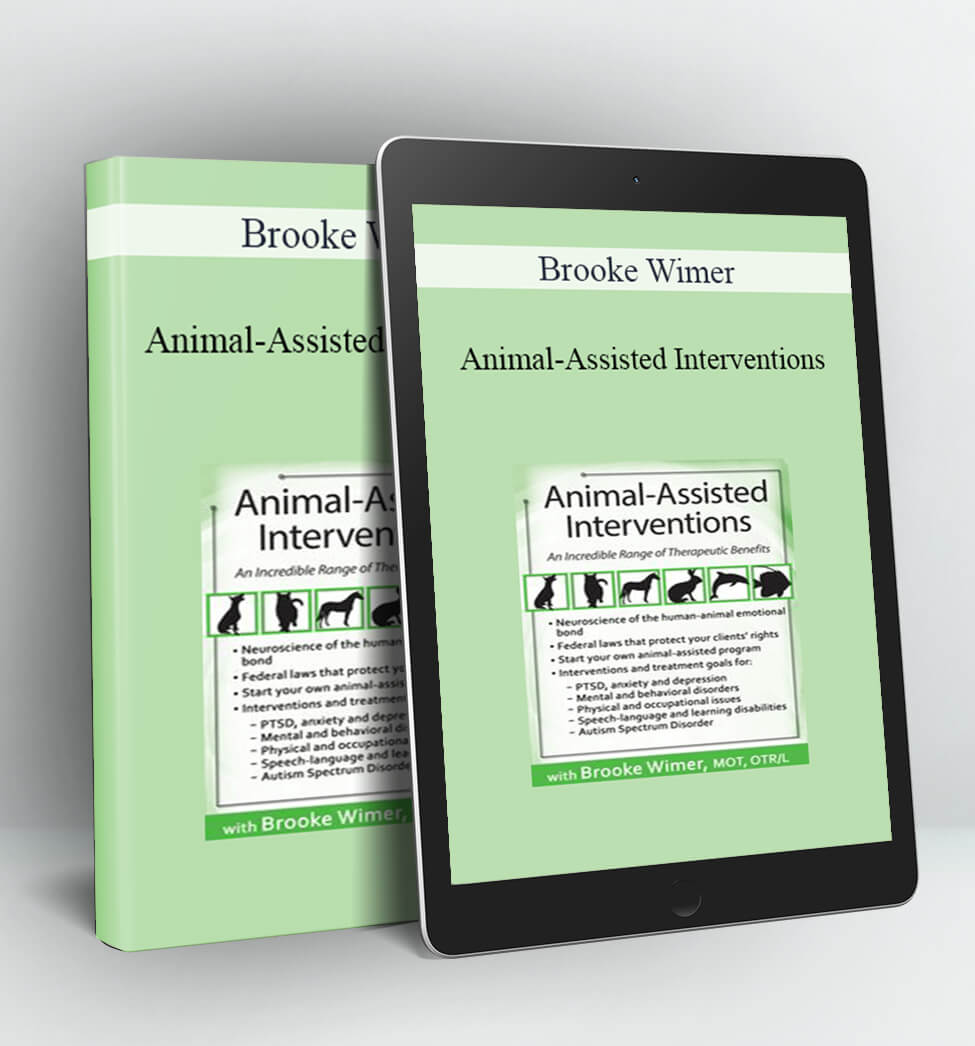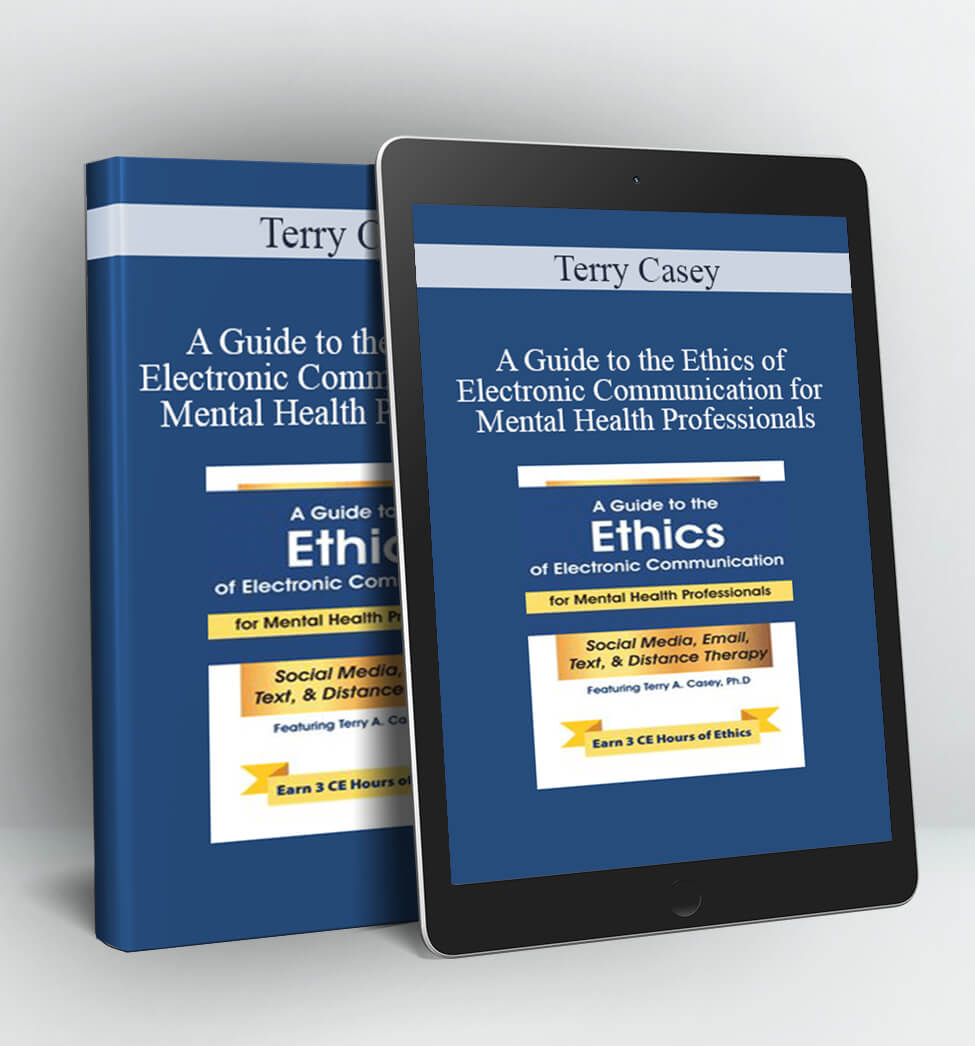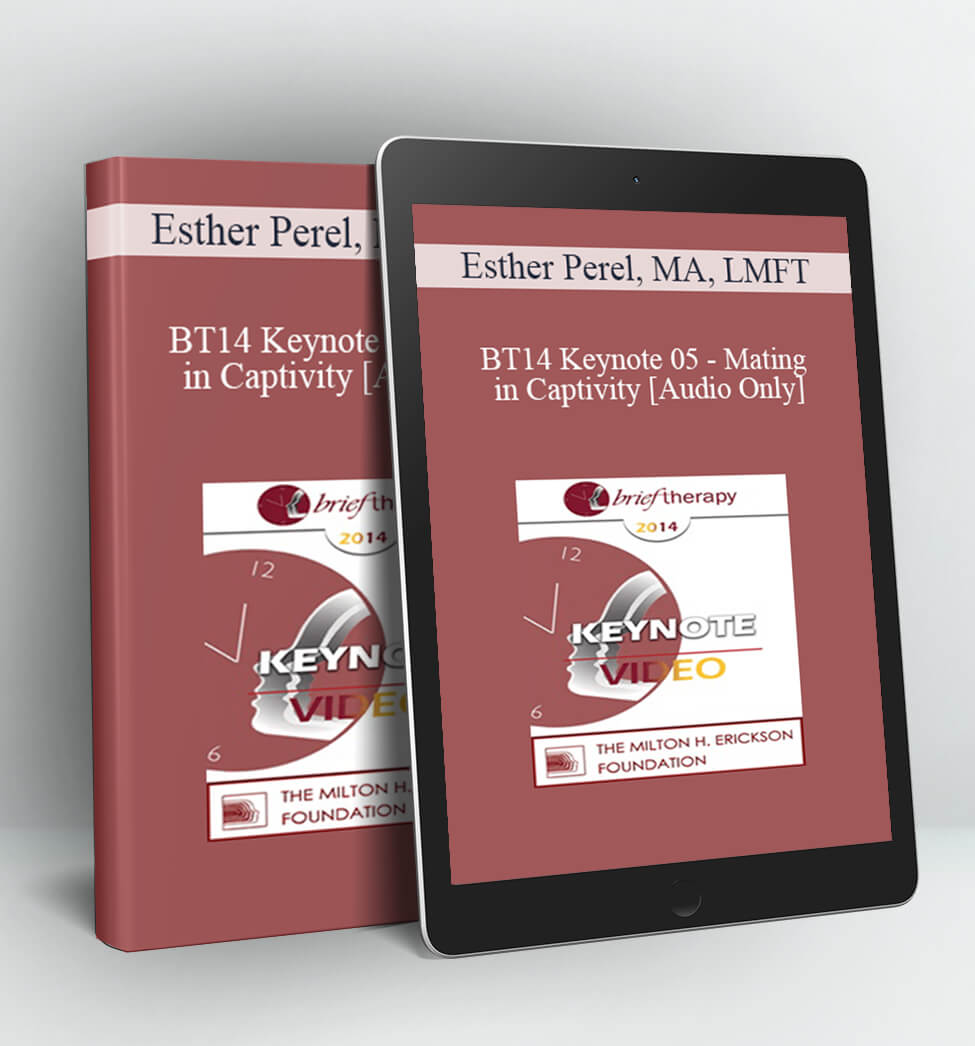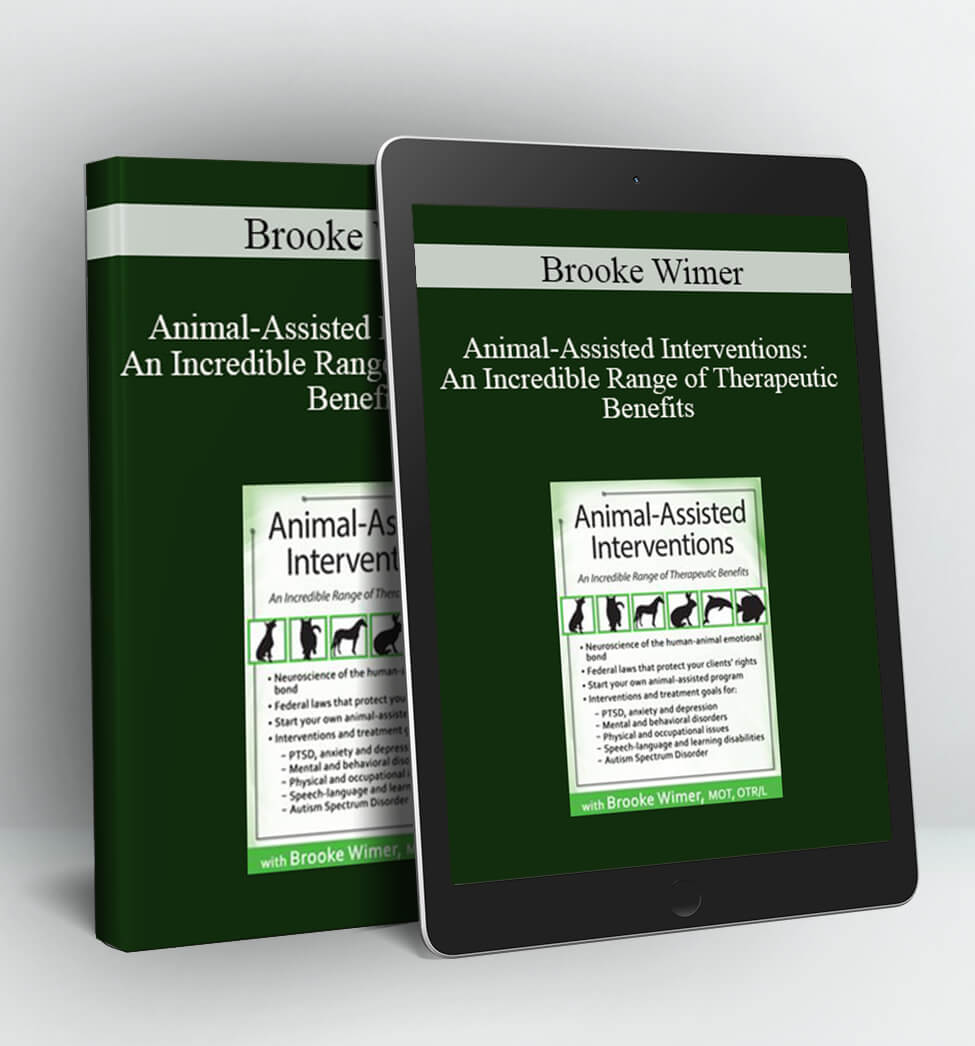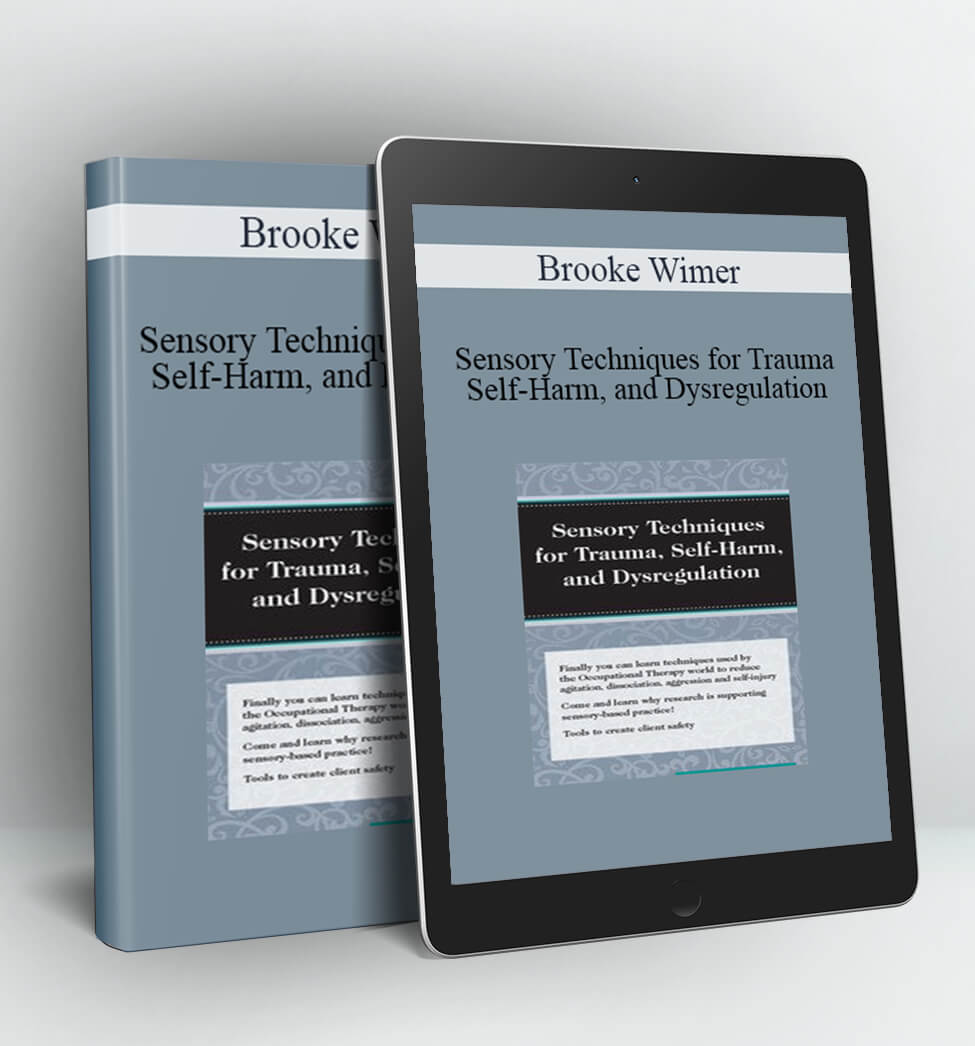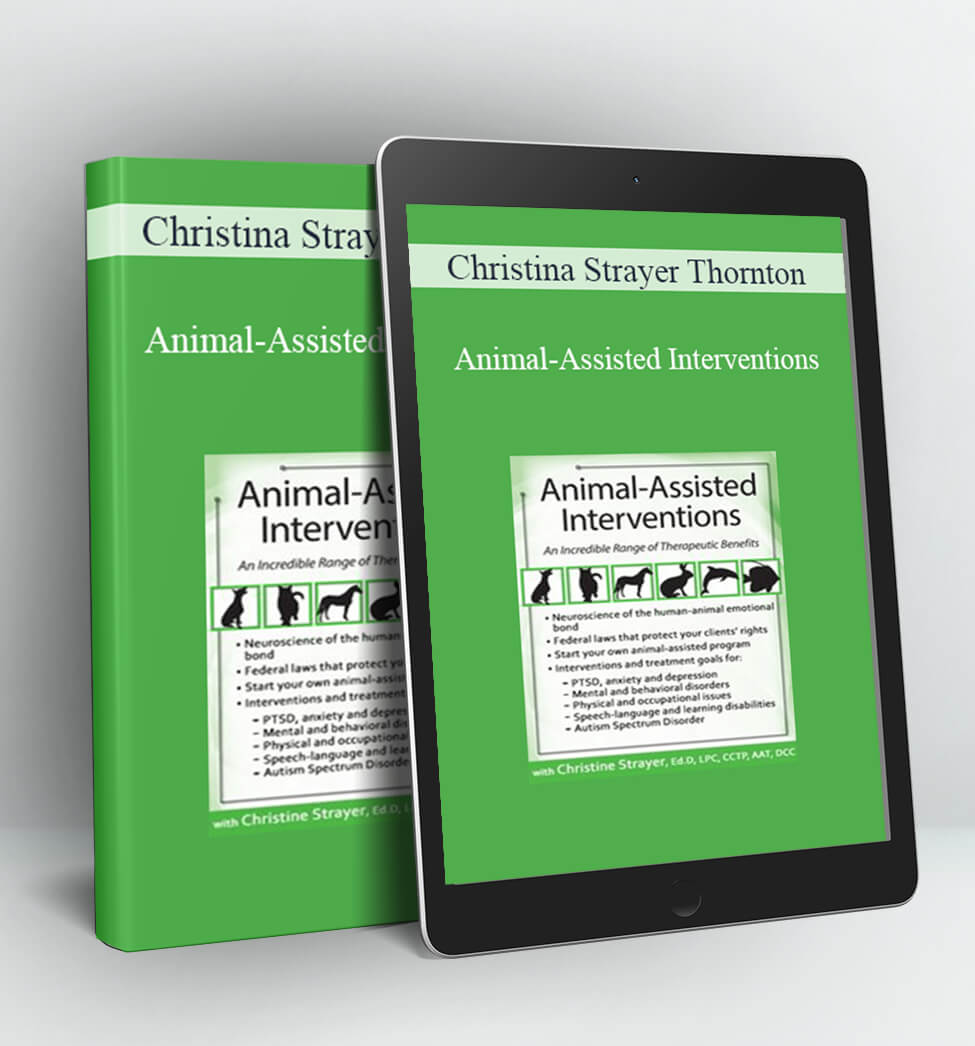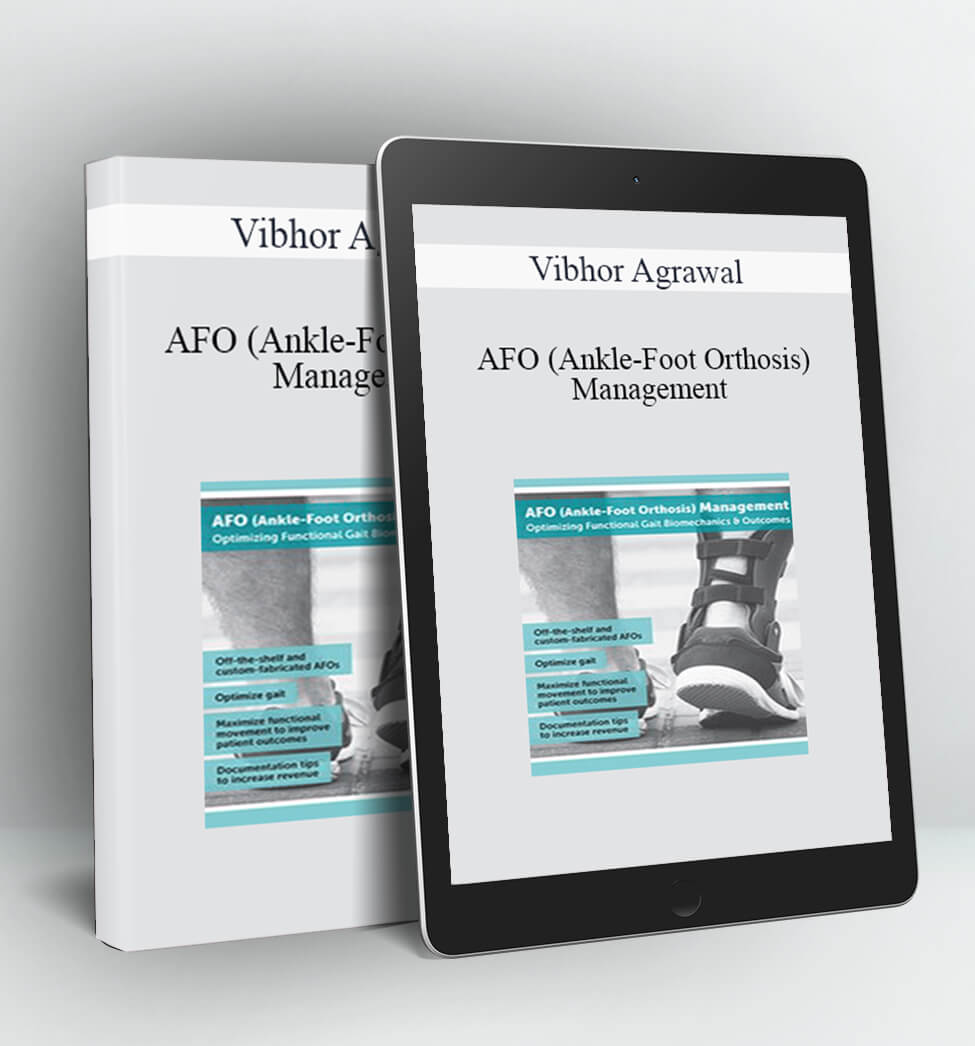Animal-Assisted Interventions – Brooke Wimer
- Faculty:
- Brooke Wimer
- Duration:
- Full Day
- Format:
- Audio and Video
- Copyright:
- Apr 19, 2017
Description
A toolbox of interventions for clients diagnosed with:
- Trauma, anxiety, depression and PTSD
- Mania and psychotic disorders
- Conduct and antisocial personality disorders
- Cognitive disorders, dementia and stroke
- Behavioral and personality disorders
- Intellectual and learning disabilities
- Physical and occupational disabilities
Join animal-assisted therapy expert Brooke Wimer, MOT, OTR/L, and learn how incorporating animals into your professional activities can greatly improve client outcomes in a surprisingly broad range of areas, including:
- Reduce stress and anxiety levels and lower blood pressure
- Lessen feelings of loneliness and poor self-esteem in those with trauma and anxiety
- Treat symptoms in people dealing with depression and PTSD
- Develop empathy in those with conduct disorder and antisocial personality disorder
- Improve physical function in people recovering from a stroke
- Improve reading and comprehension in children with learning disabilities
- And more!
You will receive specific examples of animal-assisted therapeutic goals in a variety of functional areas. You will develop a toolbox of animal-assisted interventions and animal-focused treatments you can employ the very next day. This seminar also includes the latest research outcomes and a solid foundational knowledge about the human-animal emotional bond. You will also discover very practical information and resources to help you develop programming and implement your own animal-assisted interventions.
OUTLINE
Brief Overview
- Human-animal emotional bond
- Therapy animal vs. service animal
- Animal-assisted therapy, activities and education
- Handler vs. clinician, clinician-animal teams
- Animal-based interventions without an animal
Mindfulness of Animals and How it Helps the Human Brain
- The neuroscience of the human-animal bond
- Why zebras don’t get ulcers
- Benefits of owning a companion animal
Interventions and Treatment Goals/Outcomes
- Mental, cognitive, emotional, and behavioral issues
- Increase attendance and engagement in sessions
- Treat symptoms related to trauma, anxiety and depression
- Decrease loneliness and improve self-esteem
- Develop empathy and encourage outward focus
- Provide hope, meaning and purpose
- Challenges with learning
- Improve reading and comprehension
- Support vocabulary development
- Increase verbal interactions
- Physical and occupational issues
- Progress fine and gross motor skills
- Improve sitting/standing balance
- Increase endurance and activity tolerance
- Facilitate improved sensory processing
Components of Animal-Assisted Intervention
- Selecting appropriate recipients for care
- How to approach clients
- Interaction techniques for client and animal
- Closure, documentation
Start Your Own Animal-Assisted Program
- Animal qualifications and characteristics
- Qualifications for clinicians
- Preparing and caring for the animal
- When the animal shows signs of stress and agitation
- Protecting your practice through risk management
- Organizations and resources for starting your animal-assisted program
OBJECTIVES
- Identify evidence-based research outcomes regarding animal-assisted interventions.
- Implement animal-assisted interventions for people with mental health disorders including anxiety, depression, bipolar, schizophrenia and personality disorders.
- Design animal-assisted interventions to increase language and literacy in children with learning disorders.
- Design animal assisted interventions to address physical and occupational challenges.
- Employ animal-assisted interventions as a modality to treat people with dementia and other cognitive disorders.
- Apply knowledge to design your own animal assisted programming.
- Explain the difference between a therapy animal, a service animal and an emotional support animal.
ADA Needs
We would be happy to accommodate your ADA needs; please call our Customer Service Department for more information at 1-800-844-8260.
Satisfaction Guarantee
Your satisfaction is our goal and our guarantee. Concerns should be addressed to: PO Box 1000, Eau Claire, WI 54702-1000 or call 1-800-844-8260.
Handouts
| Manual (35.03 MB) | 160 Pages | Available after Purchase | |
| Instructions for ASHA Credit – SELF STUDY ONLY – 04/19/17 (0.03 MB) | Available after Purchase | ||
| ASHA Participant Form – SELF STUDY ONLY – 04/19/17 (1.54 MB) | Available after Purchase |
Faculty
Brooke Wimer, MOT, OTR/L Related seminars and products: 2
BROOKE WIMER, MOT, OTR/L, is an occupational therapist with over 11 years of clinical experience providing Animal-Assisted Interventions (AAI) with a variety of populations. She is the co-owner of Integrated Occupational Therapy Solutions, a private practice offering AAI and occupational therapy services. Brooke specializes in providing AAI for people with mental health needs focusing on cognitive retraining, social skill development and self-regulation. She has implemented five AAI programs for physical, cognitive and psychosocial needs, and developed effective strategies for both group and one-to-one interventions for clients of all ages. Brooke worked alongside AAI expert Melissa Winkle, OTR/L, FAOTA, and contributed to Professional Applications of Animal Assisted Interventions: Blue Dog Book Second Edition. A member of the American Occupational Therapy Association (AOTA), she is co-developing an AOTA Animal Assisted Intervention Fact Sheet set to publish in 2018. Brooke presented on disability awareness and AAI application considerations at the 2015 Animal Assisted Intervention International Conference. She received her Master of Occupational Therapy at Cleveland State University, studying the effects of AAI on long-term care residents with depression and anxiety.
Speaker Disclosure:
Financial: Brooke Wimer is the director of occupational therapy and animal assisted intervention manager at Colorado Mental Health Institute at Pueblo. She receives a speaking honorarium from PESI, Inc.
Nonfinancial: Brooke Wimer is a member of the American Occupational Therapy Association.
Access Download Animal-Assisted Interventions – Brooke Wimer right now!
Delivery Method:
After your purchase, you’ll get access to the downloads page. Here, you can download all the files associated with your order.
Downloads are available once your payment is confirmed, we’ll also send you a download notification email separate from any transaction notification emails you receive from Vinlearn.

